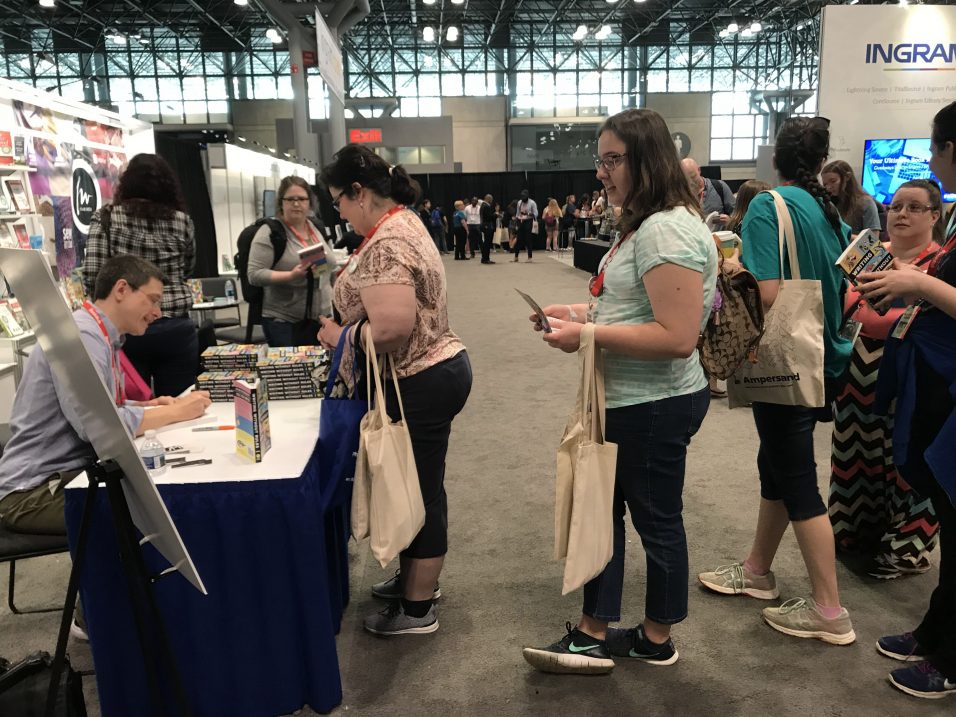It’s About Time

Writing professionally—whether it’s selling fiction or writing things you’re directly paid to write—isn’t always the easiest way to make a living. Even when you get the hang of pitching and submitting proposals or stories, there are plenty of frustrations and misconceptions to get past. And one of the biggest misconceptions writers—especially but not limited to freelancers—is that we’re selling words.
That’s an easy mistake to make because most writing jobs are pitched on a per-word basis. You submit a short story to a magazine or web site and they offer you a per-word rate. Most freelance jobs are structured around per-word rates as well, and when freelance writers sit around the bar complaining (as we are wont to do) we usually discuss the success or failure of our business at least in some part in terms of how many cents or dollars per word we charge.
On the one hand, per-word rates is a decent shorthand for the quality of the work you’re getting and how lucrative it is. On the other, it’s awful, because you’re not really selling words—you’re selling time.
You’re Older Than You’ve Ever Been … And Now You’re Even Older
If you’re going to be selling your work you need to think of it in those terms. If you have a choice between two writing jobs, one where you’re offered 10 cents a word for 1,000 words and another where you’re offered $1 a word for 1,000 words, you might think it’s an obvious no-brainer as to which one you should take on.
But if the $1 job requires hours and hours of research and revision and ultimate takes a month to write, while the 10 cent job takes an hour flat and you can immediately jump to the next one, in the final analysis a higher volume job will actually earn you much more.
There are other variables, of course. Volume is a big one, as my example above relies on the assumption that you can get a lot of those 10 cent jobs; if it’s literally one piece vs. one piece, the $1 job wins, naturally enough. The point is that if you can put together more than 10 of the lower-paying gig, you’ll make more money in the same time. Time is the key—every minute you spend on a project lowers your effective hourly rate, and this means that apparently high-paying jobs might actually be pretty shitty when you realize you earned $3 an hour doing them, while lower-paying work might actually work out to be pretty great if you can bang them out 4 to an hour.
There are other considerations, of course. Fatigue, for one; if your per-word rates are so low you’ve got to write 5 pieces an hour, 8 hours a day just to survive, that doesn’t work long-term. Prestige is another—sometimes the higher-paying job might not be so great when you work out the hourly wage, but getting your foot in the door at the venue is worth it, whether from a career-ladder point of view or an exposure point of view. And of course you should always try to get your rates up, whether it’s per-word or per-hour.
The point is that you have to convert that per-word rate into the rate at which you’re selling your time. That’s the best way to figure out what you’re really making. This goes for fiction as well, although it gets clouded by the fact that most fiction is already written by the time we try to sell it. But knowing what your actual hourly wage was when you finally sell it is useful data, even if you’re less concerned with making a living from your fiction (and considering how difficult it is to do that).
Whatever you do, don’t figure out your hourly wage as a freelance writer and then compare it to other professions. That will just lead to day drinking, lost weekends, and plenty of time you can’t bill anyone for.








